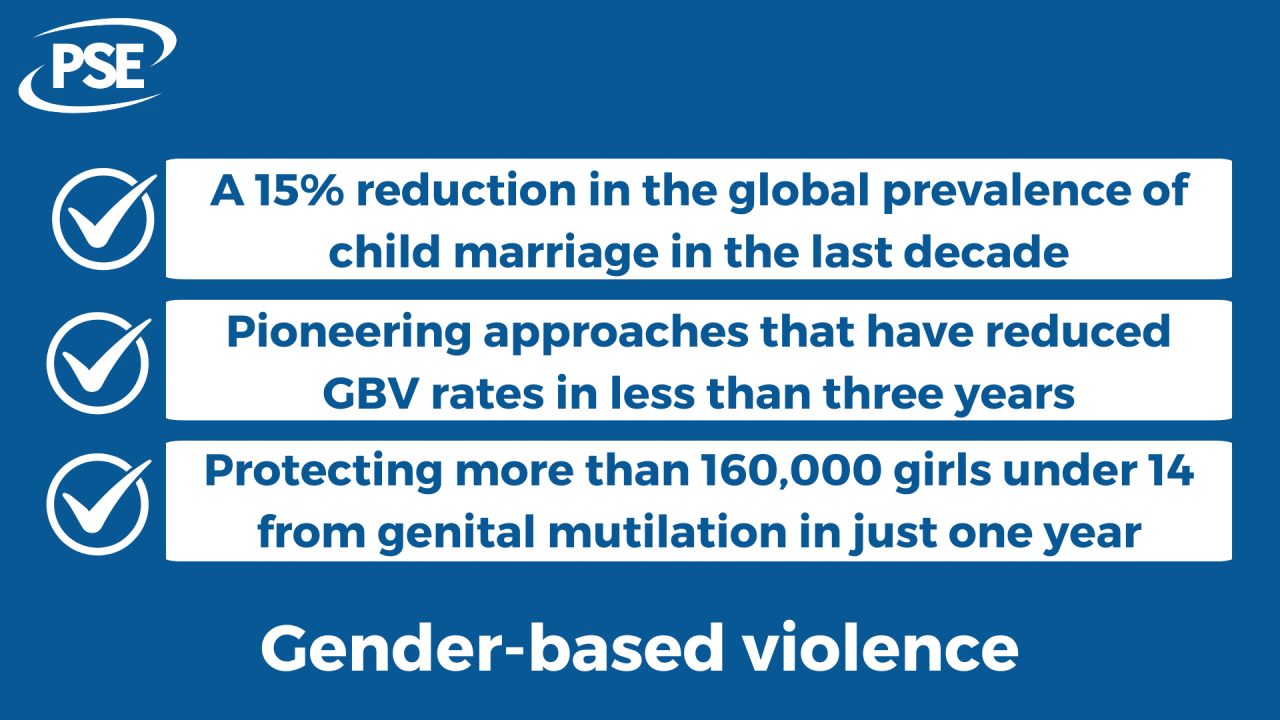The Prime Minister has called on leaders from across a number of sectors to come together to ensure that women and girls are kept safe.
As part of his commitment to halving violence against women and girls, police chiefs, industry executives, and transport bosses have been urged to come together to bring about coordinated action, including when it comes to spiking. Part of this will see thousands of members of staff from across the nighttime economy being trained in how to spot spiking, helping to prevent incidents, support victims, and help police collect evidence.
Prime Minister Keir Starmer said:
“My government was elected on a pledge to take back our streets, and we will never achieve this if women and girls do not feel safe at night.
“Today, I will bring together police chiefs, heads of industry and transport bosses to demand coordinated action to stop women being targeted, whether they are out with friends or simply travelling home.
“Cracking down on spiking is central to that mission.
“We know it can be incredibly difficult for victims to come forward to report this awful crime, and these cases can be very hard to prosecute. We must do more to bring the vile perpetrators who carry out this cowardly act, usually against young women and often to commit a sexual offence, to justice.
“That is why I made a promise that, if elected, I would make spiking a new criminal offence. Today, I am proud to have come good on that pledge.”
Alongside work to tackle spiking, the government is also marking 16 days of activism against gender-based violence by introducing new measures to tackle online violence against women and girls. This project is called Safe Online: Preventing Technology-Facilitated Gender-Based Violence, and will be supported by almost £30 million of funding from the government.
Funding will be used to offer more support to survivors of online violence and abuse, gather data to strengthen the government’s understanding of the threat, and minimising women’s exposure to harmful content. This comes with 85% of women globally witnessing or experiencing online abuse and violence, including harassment, stalking and hateful misogynistic content.

Working with global partners, the UK has helped to end worldwide violence against women and girls including:
- A 15% reduction in the global prevalence of child marriage in the last decade
- Pioneering approaches that have reduced GBV rates in less than three years
- Protecting more than 160,000 girls under 14 from genital mutilation in just one year
Anneliese Dodds, Minister of State for Women and Equalities, commented:
“This government is committed to tackling the epidemic of misogyny and violence against women and girls, which destroys lives and scars communities.
“This violence does not stop at our border - nor should our action to stop it.
“Increasingly, online spaces are being used to perpetrate violence rather than prevent it- and so we need to work together to understand this abuse and what works to stop it.”
Image credit: iStock



















